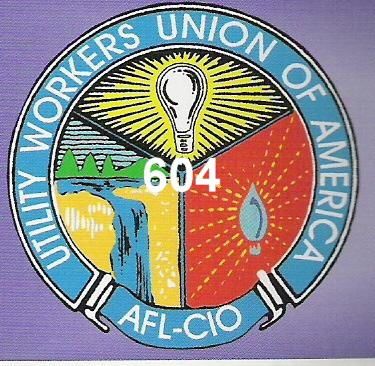UTILITY WORKERS UNION OF AMERICA
LOCAL 604 LAKELAND,FLORIDA
ENERGY SAVINGS TIPS
ENERGY SAVINGS TIPS
ENERGY SAVINGS TIPS
Tips for Saving Energy
- Adjust thermostat settings for air conditioning to 78 F degrees or higher, if health permits; keep temperature readings constant until notified that the energy shortage has passed.
- When you’re not going to be home for an extended period, raise the thermostat setting to 82 F degrees or higher.
- Close curtains and blinds to help insulate homes and buildings against cooling loss.
- Avoid using room air conditioners; turn them off when you leave the room or home.
- Reduce use of all non-essential electric appliances. Run your dishwasher and wash and dry your laundry later in the evening.
- Turn off all non-essential lighting and electric appliances, such as pool pumps.
- Turn off lights when you leave a room or when they aren’t needed.
- Shower later in the evening or early in the morning.
- Leave refrigerator and freezer doors closed as much as possible.
- If someone in your home is dependent on electric powered, life-sustaining medical equipment, check back-up facilities.
- To avoid heating up the kitchen and adding moisture to the air, cook outdoors, use a microwave oven or small appliances like a toaster oven or electric skillet. Microwaves use less than half the power of a conventional oven and cook food in about one-fourth the time.
The Florida Municipal Electric Association (FMEA)


